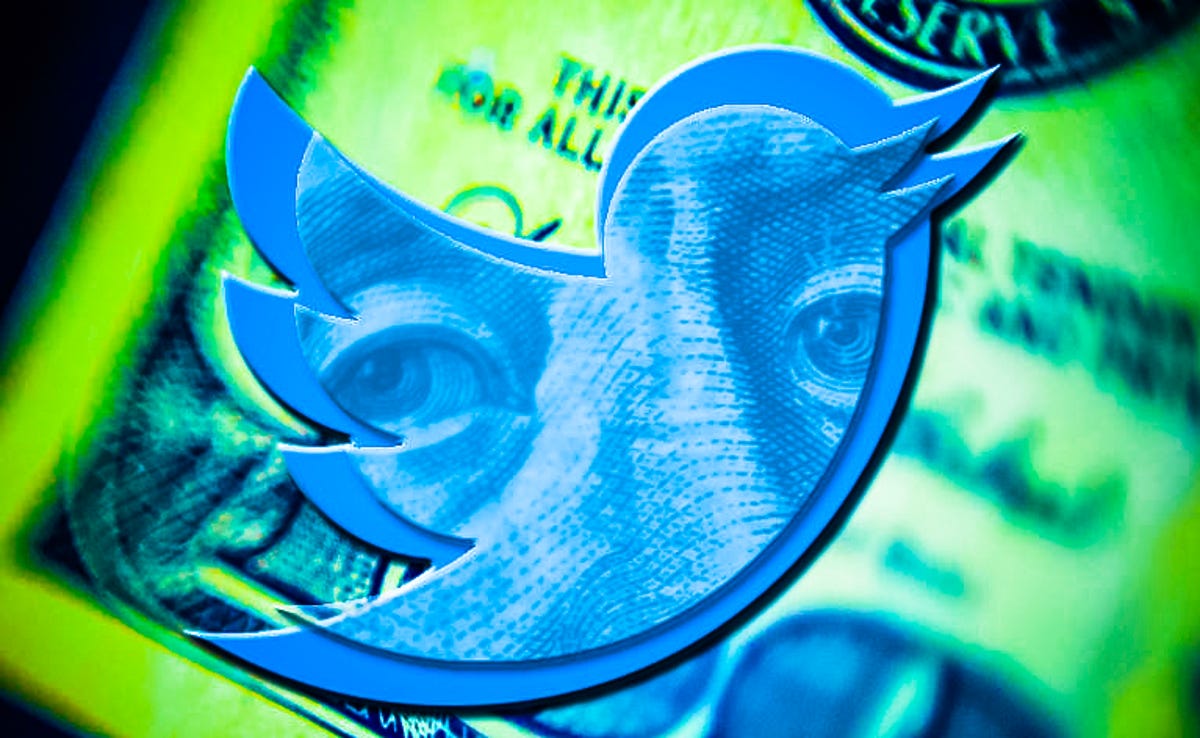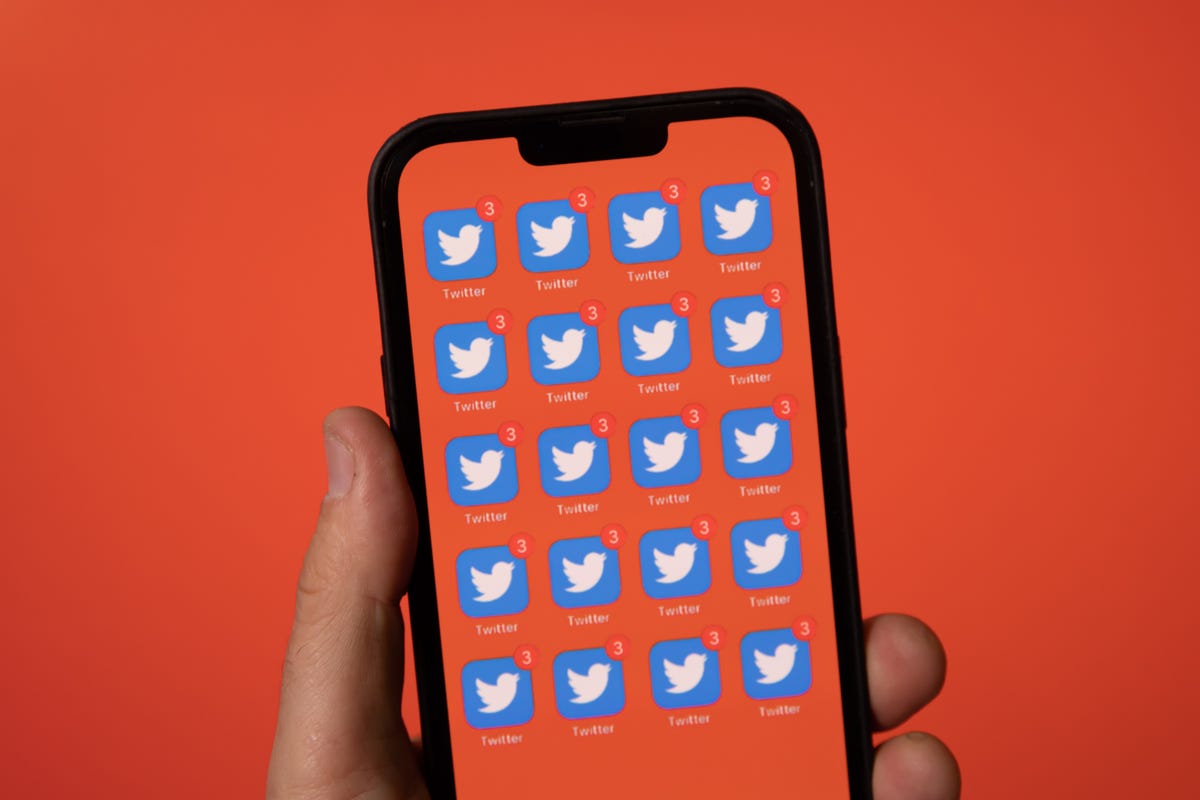Billionaire Elon Musk has brash notions for Twitter. Now, he needs to actually make them a reality.
Late Thursday, Musk closed a deal to buy Twitter for $44 billion, setting the stage for massive change at the social media company. His first order of business: firing key executives at the company, including CEO Parag Agrawal.
Musk’s takeover of Twitter has been chaotic because he’s changed his mind repeatedly about buying the social media platform. From the outside looking in, the world’s richest man has been vocal about his lofty visions for Twitter’s future. Now on the inside, Musk has to try to bring his wildest Twitter ambitions to life — or switch gears yet again.
For regular users, that means the Twitter you once knew could become a thing of the past. The company, still one of the most influential destinations on the internet, could start adding more features such as payments, evolving beyond just a social media platform. Content moderation on the site could become more lax, making it tougher for users to grapple with harassment, hate speech and other abuse.
Already, Musk has tossed around a ton of aspirations, like defeating spam bots, morphing Twitter into an “everything app” similar to WeChat and ratcheting up growth to 1 billion users. At the midpoint of this year, Twitter had about 238 million people using the service daily. Facebook, by comparison, is nearing 2 billion.
One of his most controversial suggestions: reversing the permanent ban on former US President Donald Trump, which was put in place two days after the deadly riot at the Capitol on Jan. 6, 2021. Twitter warned that Trump’s tweets risked inciting further violence.
But even before he faced the reality of owning the company, not all of Musk’s ideas have stuck.
At one point, Musk suggested a blockchain-based version of Twitter and floated the idea of turning Twitter’s headquarters into a homeless shelter. He deleted tweets in April that recommended Twitter’s $5-a-month Blue subscription service remove all ads for members, hand out authentication checkmarks automatically and let subscribers pay through the cryptocurrency Dogecoin.
And Musk, who once proclaimed he “hates advertising,” changed his tune on Thursday, tweeting an ode to marketers that “advertising, when done right, can delight, entertain and inform you.”
“Twitter’s ad business is already on shaky ground,” said Insider Intelligence principal analyst Jasmine Enberg. “Uncertainty arising from the weak economy and Musk’s erratic behavior have led to advertiser pullback.”
Musk’s attorney Alex Spiro didn’t immediately respond to a request for comment.
Here are three changes Musk keeps pushing for at Twitter — and what that could look like for you:
Dreams of an ‘everything app’
Twitter could become a platform that’s known for more than just sharing your thoughts. The service has been trying to fold in more features such as shopping and tipping, but Twitter hasn’t drastically changed in recent years.
Musk has said he wants to create a service similar to WeChat, a Chinese messaging app that lets users do everything from make payments, play games and shop. He sees owning Twitter as part of this big vision.
“Buying Twitter is an accelerant to creating X, the everything app,” Musk tweeted in October.
Buying Twitter is an accelerant to creating X, the everything app
— Elon Musk (@elonmusk) October 4, 2022
If Twitter managed to take on this sort of Swiss Army knife identity, that could mean you’d be turning to the app not only for hot takes and memes, but also for food delivery and sending or receiving money.
That could mean that Twitter changes into an app like WeChat or gets folded into a new app entirely.
But to achieve this goal, Twitter would have to reach a level of dominance that it’s never even approached. Part of WeChat’s success was that, when it grew to be ubiquitous, it enjoyed relatively modest competition in mainland China compared with the state of internet services today. Twitter, while continuing to compete with other social networks like Meta’s Facebook and TikTok, would need to start taking on PayPal, GrubHub and others too.
WeChat also added its features over more than a decade. Musk creating an “everything app” would take years.
Ways of making you pay


Twitter makes most of its money from ads.
James Martin/CNETWhile Musk tried to appease advertisers on Thursday, he’s made it clear in the past he’s not the biggest fan of advertising. Twitter’s dilemma is it makes most of its money from ads.
In late April, Musk told banks he would not only look for ways to cut costs but find ways to make money from viral tweets or those that included important information, Reuters reported. He also suggested charging third-party websites a fee when they quote or embed a tweet from verified individuals or organizations.
Musk has also praised suggestions that Twitter introduce a paid membership that includes 24-hour customer service or give creators an incentive to publish to Twitter first by offering them a better split of ad revenue than competitors such as TikTok and YouTube.
Theoretically, that means you could find yourself faced with paying for new services, such as getting an employee to help recover a hacked account.
Twitter has already been experimenting with the idea of memberships that unlock early access to features such as an edit button. But getting users to pay for new tools and subscriptions on an app most have always used for free could be a tough sell, especially at a time when inflation is propelling people to cut back spending.
Shifts to expression and safety


Twitter has rules about what users are allowed to post on the platform.
James Martin/CNETMusk, an avid user of Twitter with more than 110 million followers, has also been one of Twitter’s harshest critics when it comes to how the site moderates content.
“It is important to the future of civilization to have a common digital town square,” he said in a tweet on Thursday. “There is currently great danger that social media will splinter into far-right wing and far-left-wing echo chambers that generate more hate and divide our society.”
At the same time, Twitter can’t become “a free-for-all hellscape, where anything can be said with no consequences,” he added. Musk has said Twitter should only police speech that’s illegal, but he has also vowed to defeat spam and fake accounts on the platform.
While Musk has painted himself as a free-speech savior, leaving up harmful content could make casual Twitter users more wary of spending time on the platform or sharing their thoughts.
His views on how Twitter moderates content are already facing scrutiny from advocacy and civil rights groups. Critics fear his takeover will lead to rolling back progress that Twitter has made combating hate speech, harassment and other offensive content.
Paul Barrett, deputy director of the NYU Stern Center for Business and Human Rights, said he’s most concerned about Musk’s decision to fire Vijaya Gadde, Twitter’s head of legal policy, trust, and safety. Gadde didn’t respond to a request for comment.
“The danger here is that in the name of ‘free speech,’ Musk will turn back the clock and make Twitter into a more potent engine of hatred, divisiveness, and misinformation about elections, public health policy, and international affairs,” Barrett said in a statement.
On Friday, Musk tweeted that Twitter will be forming a “content moderation council with widely diverse viewpoints.” While Musk has said he would reverse Trump’s permanent ban on the platform, he also noted that “no major content decisions or account reinstatements will happen before that council convenes.”
But in the US, if Twitter only took down what is required by law, it would be removing a lot less than it does today. Twitter has a lengthy list of rules about what isn’t allowed on its site — not all of it outright illegal. Twitter must take down child sexual abuse imagery, for example, but the platform also removes tweets that contain harmful COVID-19 misinformation. Misinformation, despite how dangerous it can be, isn’t necessarily illegal in countries like the US.
Another big issue is Twitter’s reliance on ads. Businesses don’t want their ads next to offensive content, a challenge Twitter has run into before.
Some businesses are already temporarily pausing their advertising on Twitter. General Motors, a rival to Musk’s electric-car maker Tesla, said in a statement that it’s talking to Twitter about the direction of the company.
“As is normal course of business with a significant change in a media platform, we have temporarily paused our paid advertising,” GM said in a statement. “Our customer care interactions on Twitter will continue.”
